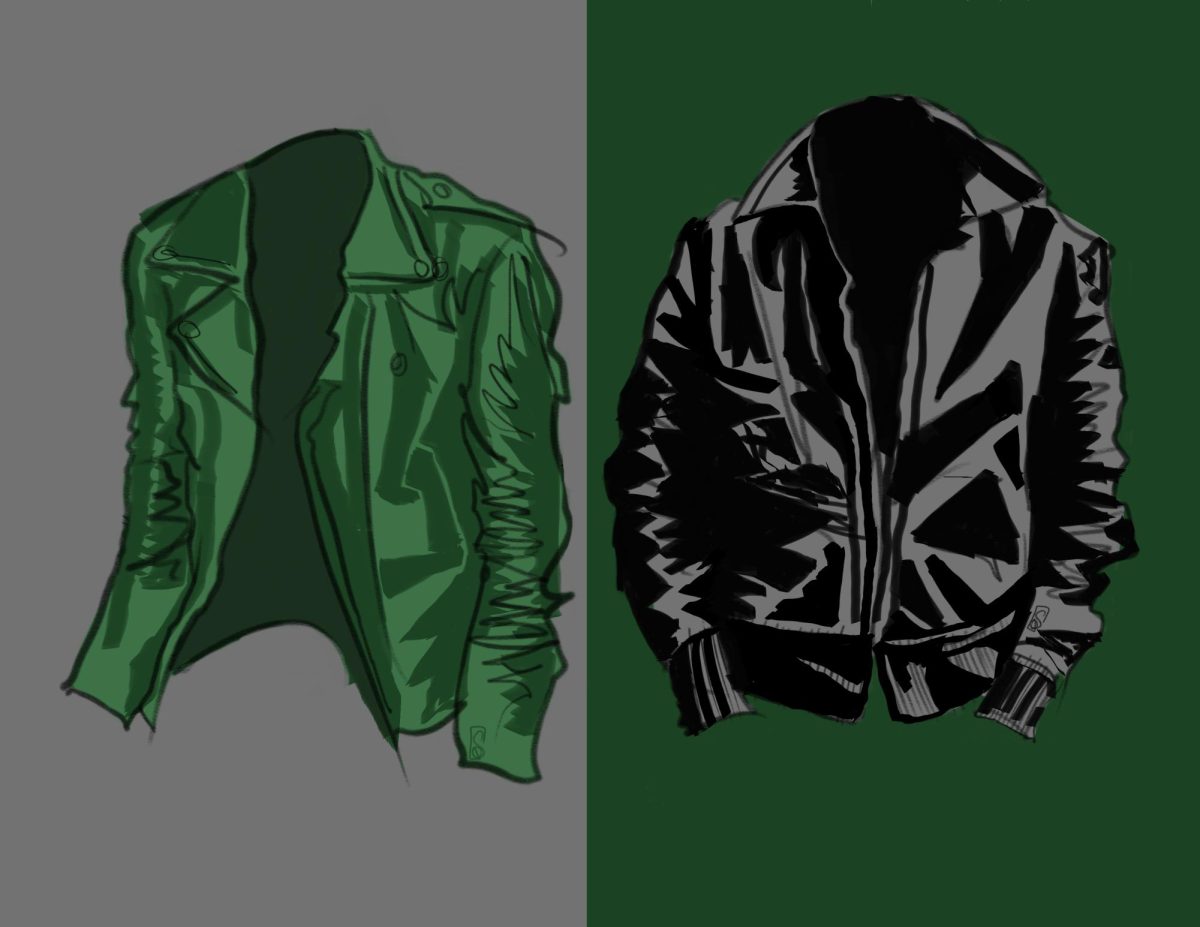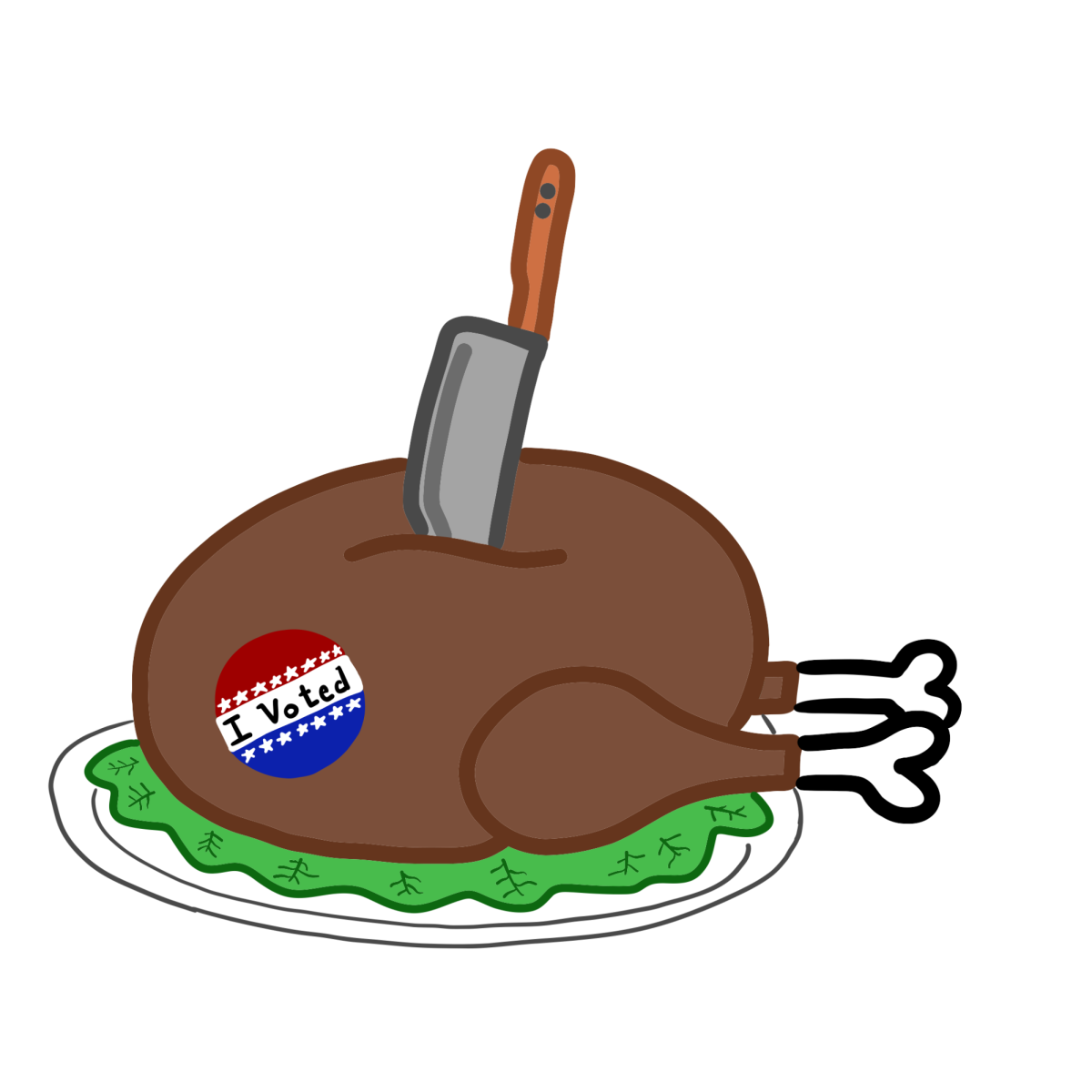The “pretty-but-dumb” female character stereotype has been overdone in movies, TV shows and books for years. From a young age, women are taught that, in order to be perceived as desirable and fit into the typical female ideal, they must act in a way that does not threaten a man: not demonstrating any level of intelligence that might make a man feel stupid.
From a young age, girls are exposed to the nerdy, “ugly,” smart girl stereotype. She is unsuccessful with the opposite sex and the only way to break out of that shell is to break herself free of her glasses, her messy, unkempt hair and ridiculous outfits and move on to ‘fixing herself’; the intelligent girl is painted as an undesirable and ‘ugly’ concept. On the opposite hand, the dumb, ‘pretty’, ‘damsel in distress’ stereotype is painted as a desirable and unintelligent concept. On popular adolescent shows such as ‘Liv and Maddie’ a Disney Channel show, twin sisters are completely opposite. Liv, embodies the ‘ugly’ intelligent, stereotype—right down to unkempt hair and glasses; her sister, Maddie, is the desirable, beautiful, dumb stereotype. Seeing these two opposites on such a popular show for young girls is only one example of the media forcing these ideals onto the next generation of women.
These stereotypes teach girls that intelligence and femininity are mutually exclusive and that both cannot exist in one person, because in order to be one, you must sacrifice the other. Then as the girls grow up, these harmful ideals follow them into adolescence, and eventually, adulthood. These stereotypes can be seen in popular shows such as “The Big Bang Theory,” in which the ‘ugly’, nerdy girl, Amy Farafowler, a successful biologist, is portrayed as having trouble with the opposite sex, while her friend Penny is pretty and dumb, a community college drop out and aspiring actress; these women enforce the idea that intellect and beauty cannot commingle.
As women age, these ideals move from being constricted to Hollywood and moves into schools and real life situations. In high school, girls are bullied for being smart. The nerdy girl in the corner that doesn’t speak very often is pushed aside, while the pretty, popular girl pretends to be dumber than she is to make friends and fit in.
Often times, the people doing the bullying do not include just men— women are doing it to their own gender. When Megyn Kelly attacked Donald Trump on stage at the first round of the republican debates, several people disagreed with her. Though she has become extremely successful as a journalist (a male-dominated field), she was immediately attacked by both men and women as a blonde bimbo who didn’t know what she was talking about. Had it been a man who had attacked Trump, looks would never have been brought into the situation. But because Megyn is blonde and beautiful, instead of attacking her intellect, people tried to discredit her by pushing her into the ‘dumb blonde’ stereotype that they have been raised to believe.
In order to change the rhetoric that has been so prevalent in our society for so long, women (and men) need to stop putting beautiful women down and branding them as idiots. Shows such as “Doctor McStuffins,” a show about a little girl who serves as a doctor for her stuffed animals, and “Scandal,” a show about a successful female lawyer, need to be lauded over shows where this pretty, but dumb idea is enforced. More shows need to exist for adolescents that show young, beautiful, and most importantly, intelligent girls who are not social outcasts as a result of that. The only way to stop the stereotype is stop using it and showcase the opposite. In this way, girls will start to see that being smart is not something to be ashamed of, but something to celebrate.












